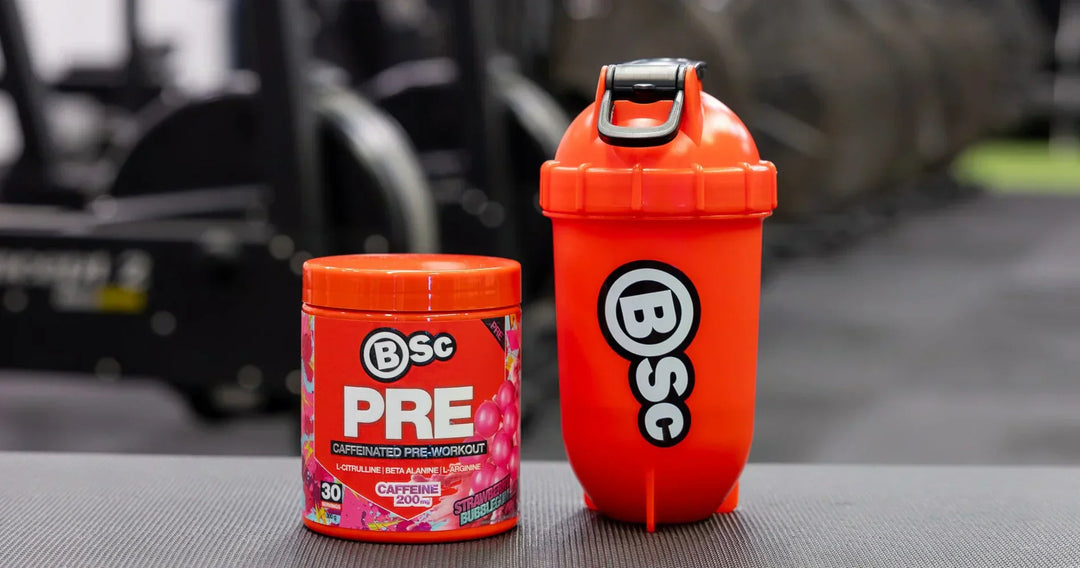When it comes to weight loss, many think it's as simple as calories in and calories out. But what if you're doing all the right things, cutting all the bad foods and eating lots of spinach, but you're still not seeing results?
FEMAIL spoke to accredited Australian dietitian, Jessica Spendlove, who revealed the four reasons you're not losing weight. From the idea that your cortisol levels are too high to the fact that you might not be getting enough sleep, some of her words might surprise you.

YOUR CORTISOL LEVELS ARE TOO HIGH
Cortisol, which is commonly known as the stress hormone, is essentially your 'fight or flight' response to situations. While it is perfectly natural to have - and everyone has it - Ms Spendlove warns that having an excessively high amount of cortisol in your body can cause issues including irritability, depression, weight gain and more:
'Any stress on your body, whether you're excessively over-training, restricting energy or getting road rage, promotes the same hormonal response in your body,' the dietitian told FEMAIL. 'Cortisol is secreted by the adrenal glands as a response to stress. Having elevated cortisol levels can result in high blood sugar levels and eventually weight gain.'
When it comes to managing your cortisol levels, countless dietitians advocate a predominantly wholefoods and anti-inflammatory diet, as well as meditation, deep breathing and managed stress.
Ms Spendlove is also a fan of a new ingredient, Bluenesse®, which is a lemon balm extract and can be found in a BSc product, HydroxyBurn® Clinical. The combination of green tea extract, Bluenesse® and vitamin B6 help to reduce stress responses and promote weight management.
For those looking for a similar solution, green tea or herbal teas are great ways of calming down at the end of a long, stressful day.
YOU'RE NOT GETTING ENOUGH SLEEP
It's a truth universally acknowledged in the health world that you really can sleep yourself slim. But have you ever stopped to think that by denying yourself eight hours of beauty sleep and rushing around to get everything done, you're perhaps contributing to your weight gain?
'When the body is not under stress, cortisol levels are naturally increased upon wakening and decreased at night,' Ms Spendlove explained. 'When the body is under stress, cortisol levels can be low across the day and elevated at night.'
The performance dietitian recommends regulating your sleep cycle and making sure you go to bed and get up at roughly the same time each day. She also said you need to ensure you're getting 'adequate sleep'. Overhaul your shut-eye and watch in awe as your waistline shrinks.
YOU'RE DEPRIVING YOURSELF
While it may seem counter-intuitive, in fact, by depriving yourself of food you can cause your cortisol levels to spike. 'Restricting your calories to excess and over-training can mean excessive cortisol and therefore difficulty in losing weight,' she said. 'Instead, try to nourish your body with a diet that is high in vegetables, lean protein, slow-release grains and healthy fats.'
Ms Spendlove said it pays to reduce your intake of artificial ingredients including sweetened beverages and foods which are high in refined sugar. 'If you're active, aim to have the majority of your carbohydrates before and after your training session to ensure you're providing your body with what it needs to perform and recover,' she said.
YOU'RE OVER-TRAINING
Lastly, even though you might not think it could be possible, there is such a thing as over-training. 'You definitely should be moving your body in some way every day,' she argued. 'But you do need to vary your training routine and allow your body to rest when it needs it.
'Each person will have an individual threshold for what constitutes over-training so it's a matter of listening to your body and also assessing your results and energy levels. 'Too much exercise can lead to injuries, exhaustion and hormonal imbalance.'
Jessica Spendlove is a performance dietitian for Cronulla Sharks NRL, GWS Giants AFL and Giants Netball. She also blogs here.




